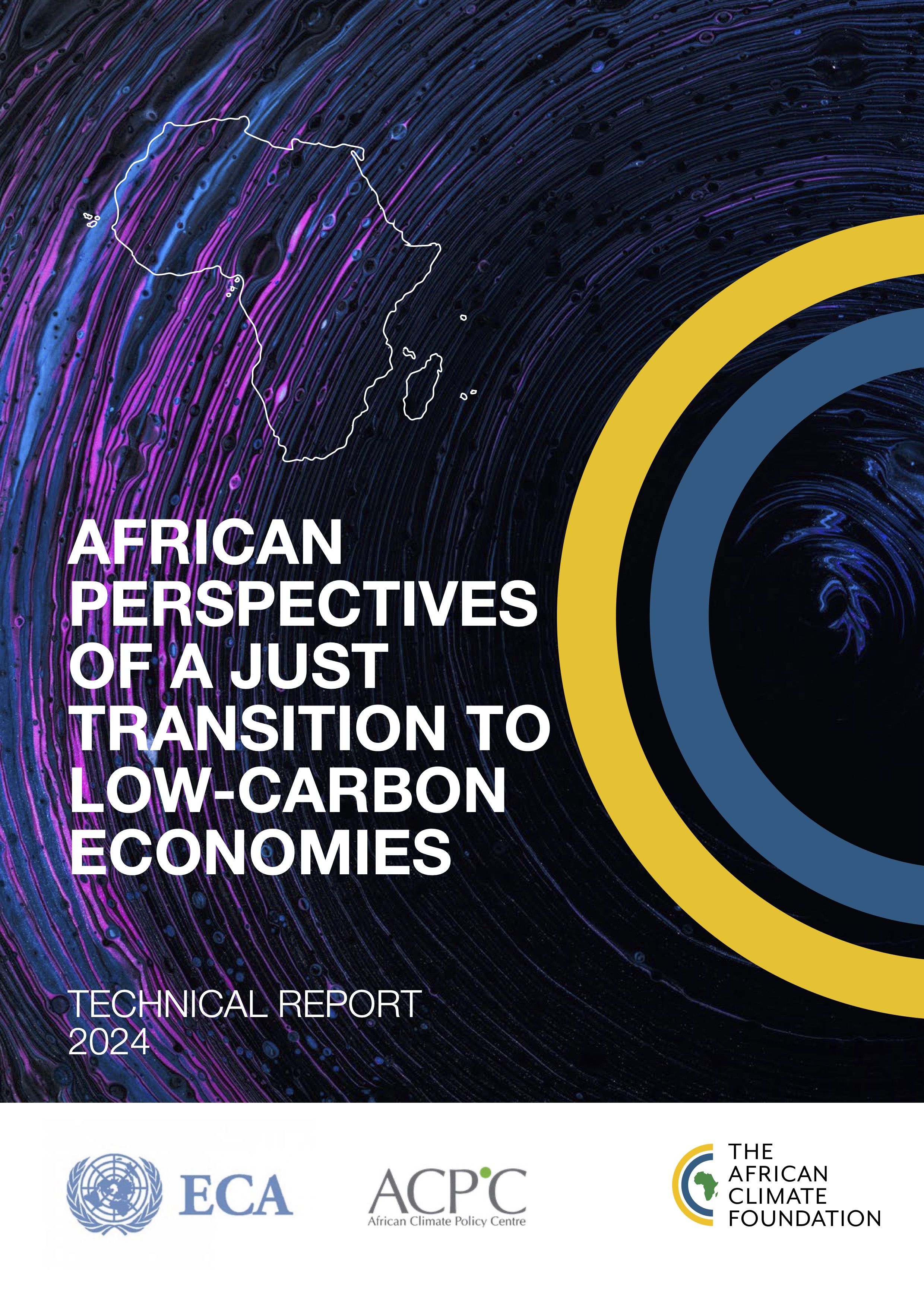Section six of this report and the associated summary for policymakers considers the financial challenges and implications of a Just Transition in Africa.
Between 2020 and 2030 Africa will require an additional USD 2.5 trillion to implement its NDCs for that time period, however, there is an 88% shortfall. Despite UNFCCC processes pushing for greater ambition in climate action, the global financial architecture leaves Africa with unsustainable debt levels and high finance costs, reliant on developed countries and China for 90% of its climate action finance. The status quo is low quality, inappropriate, insufficient and undignified finance that does not match the region’s needs or recognise its assets. By detailing these dependencies this report illustrates how international counterparts are able to shape and influence Africa’s climate response and ambitions.
To better navigate this reality the paper outlines how policymakers can consider their country’s relationship with fossil fuels, their resource endowment of critical minerals, and the social and environmental imperatives triggered by shifting to low-emission development pathways. As well as how these factors can enable African countries to develop sustainable financing strategies to leverage their needs; and advocate for the essential reforms to the current global financial architecture to ensure it offers finance flows that embed justice, equity and dignity.


